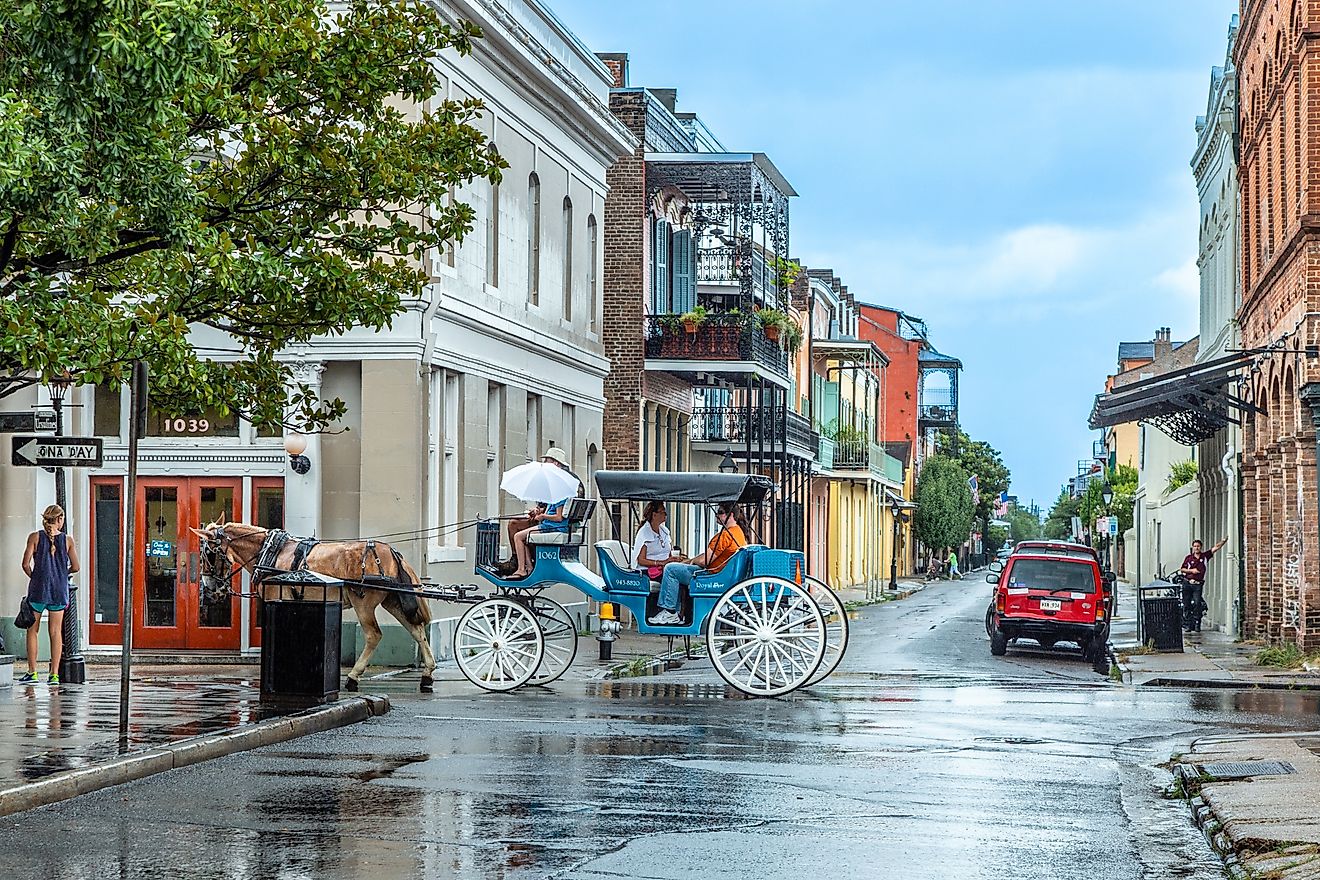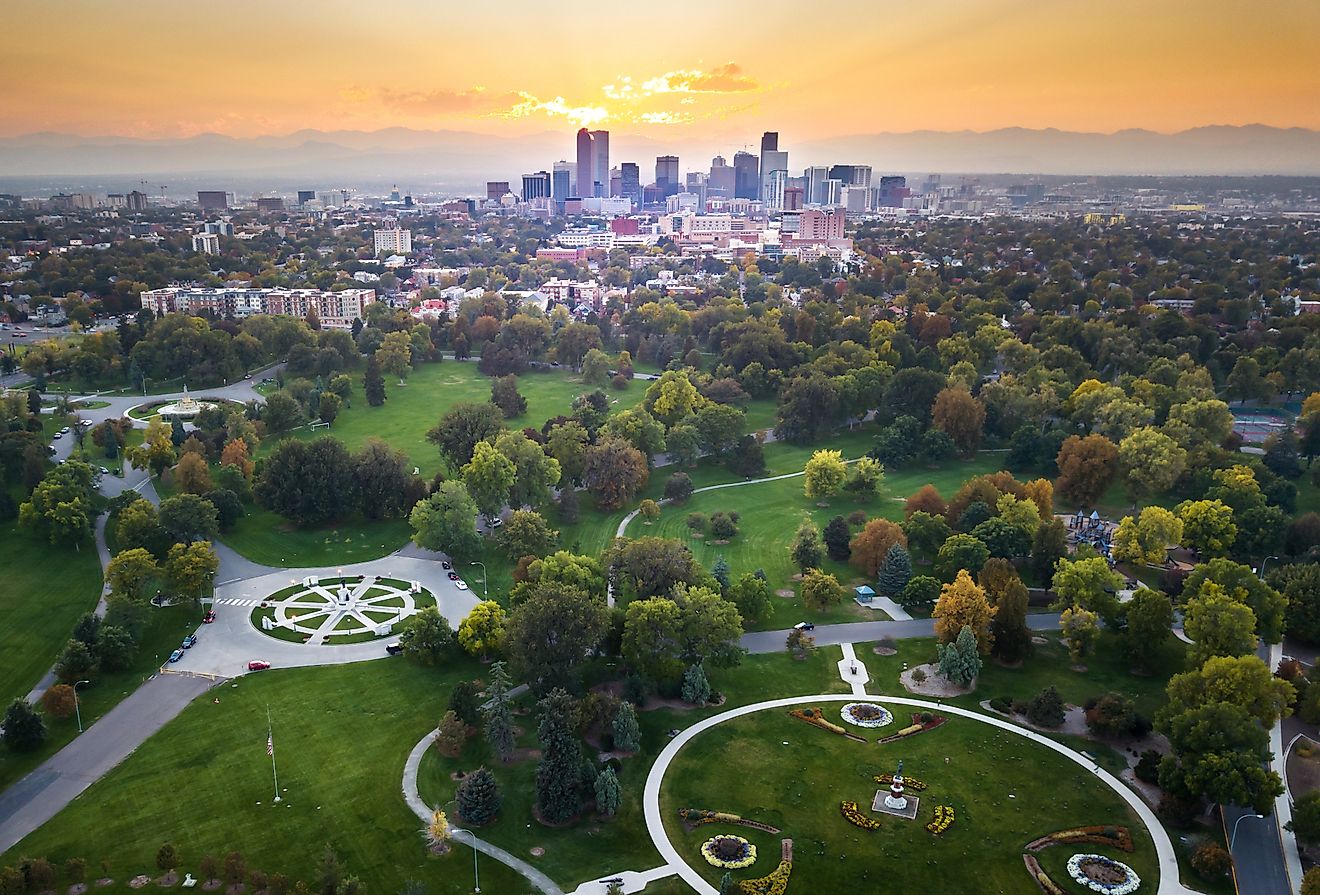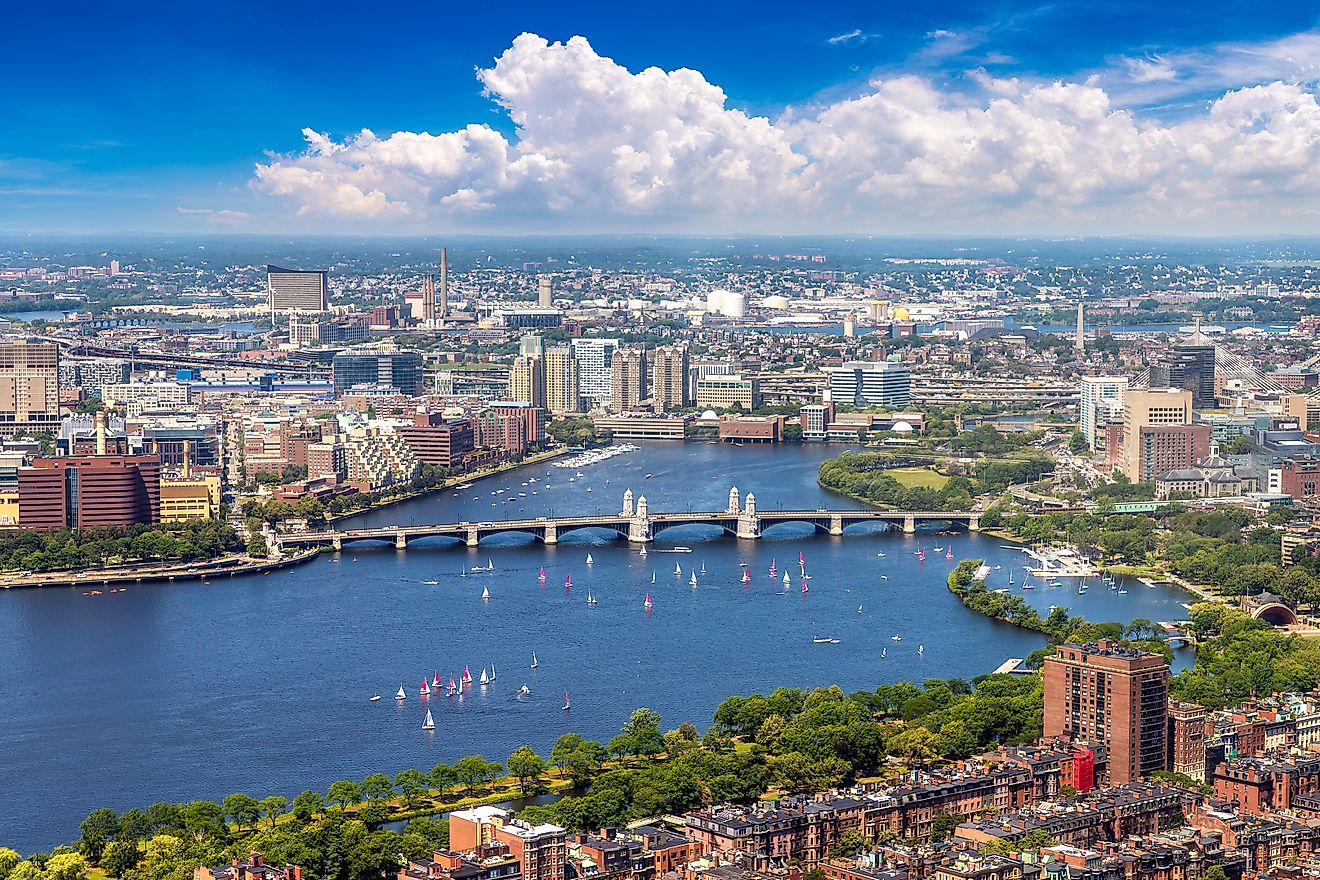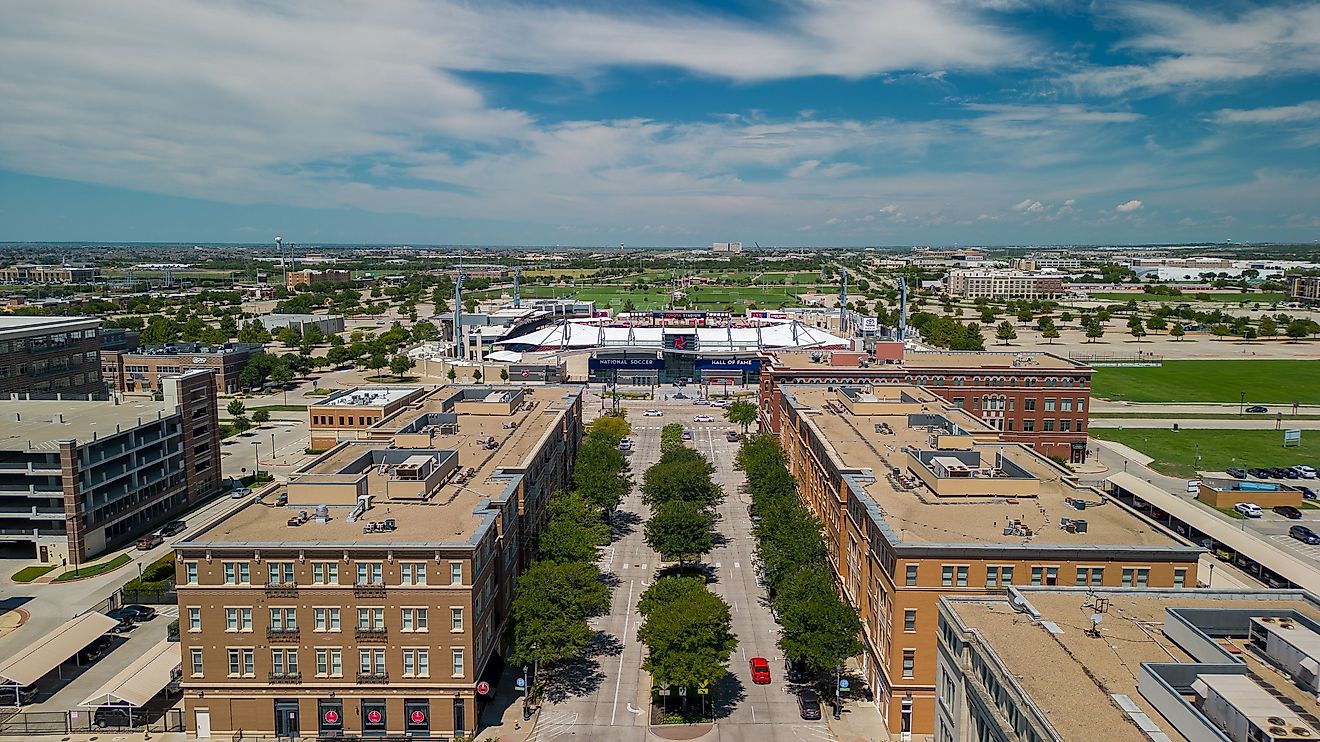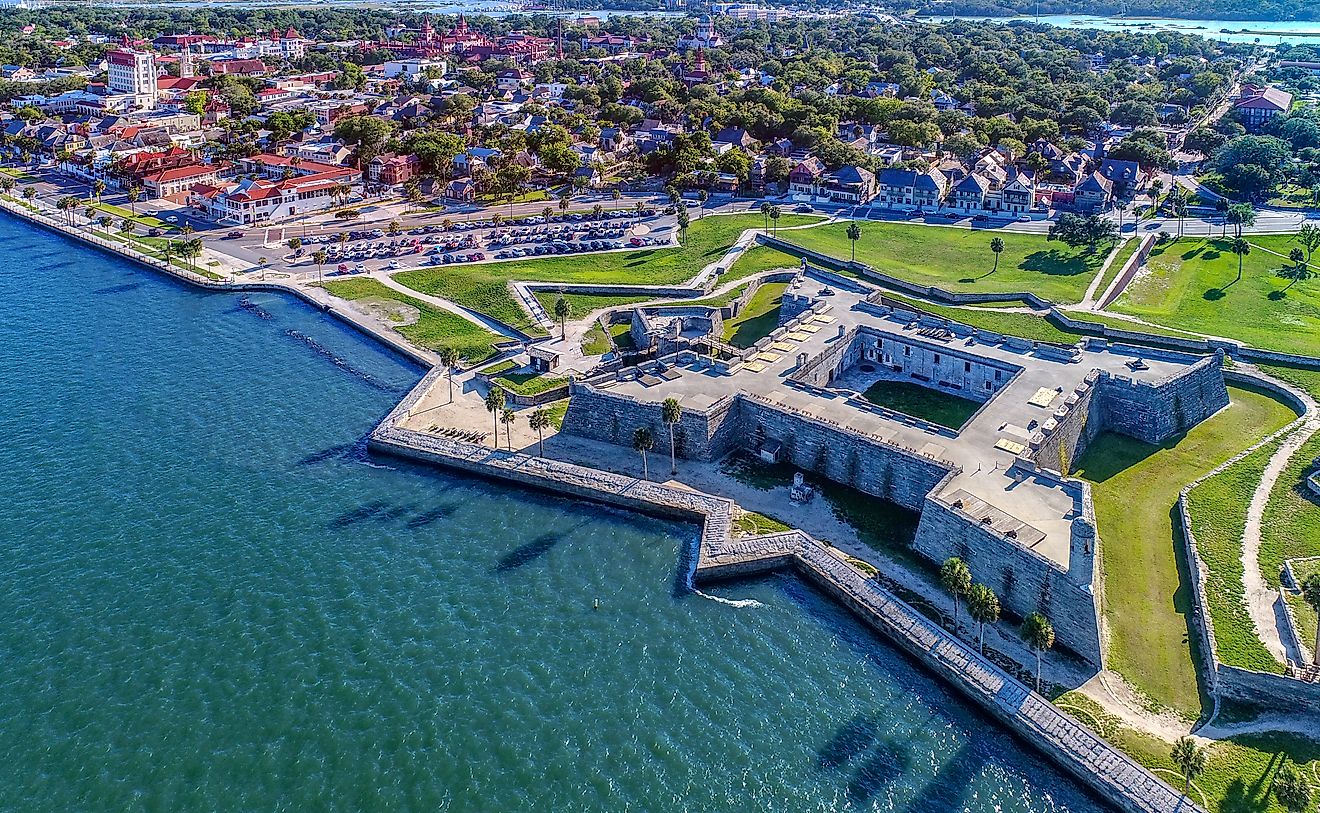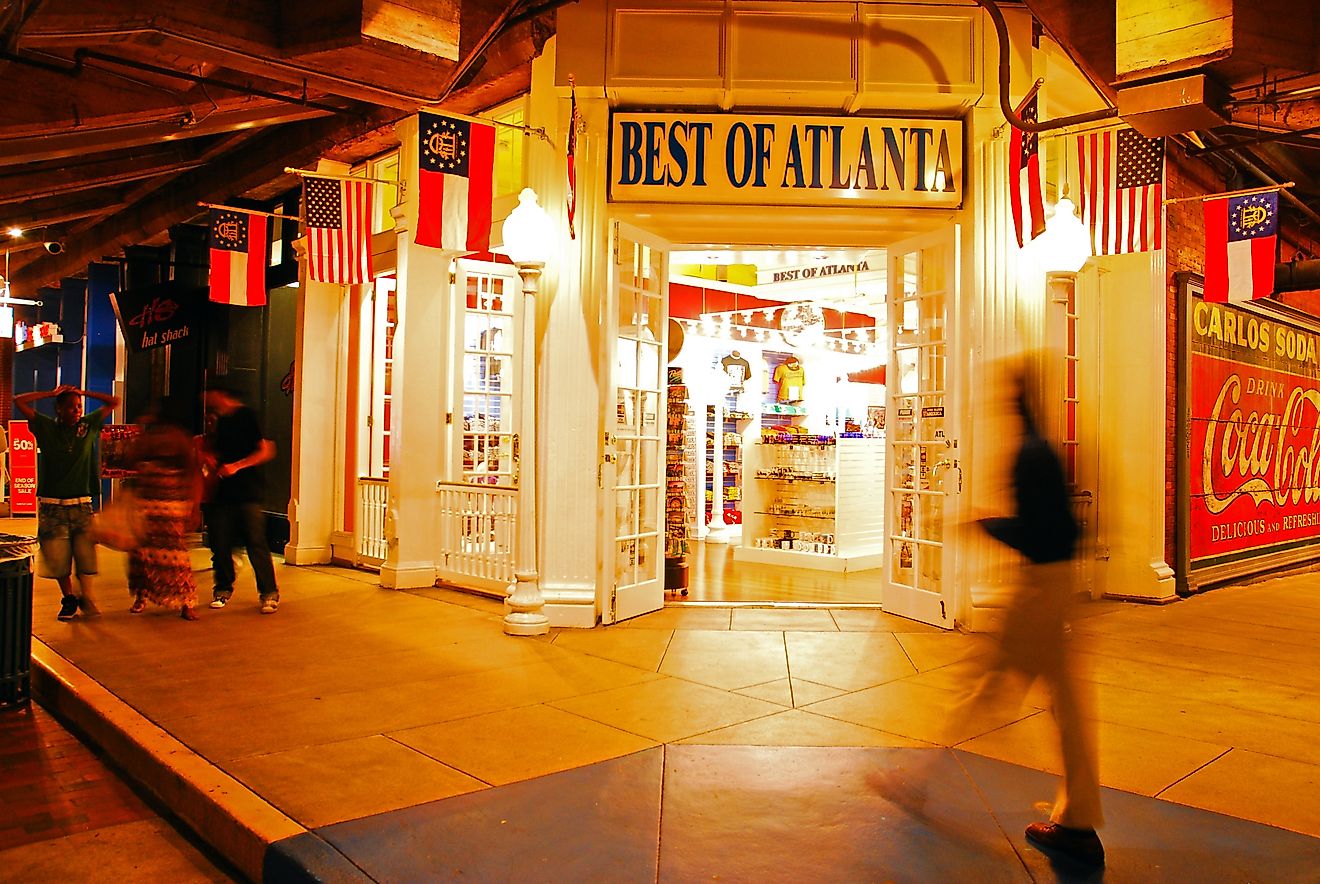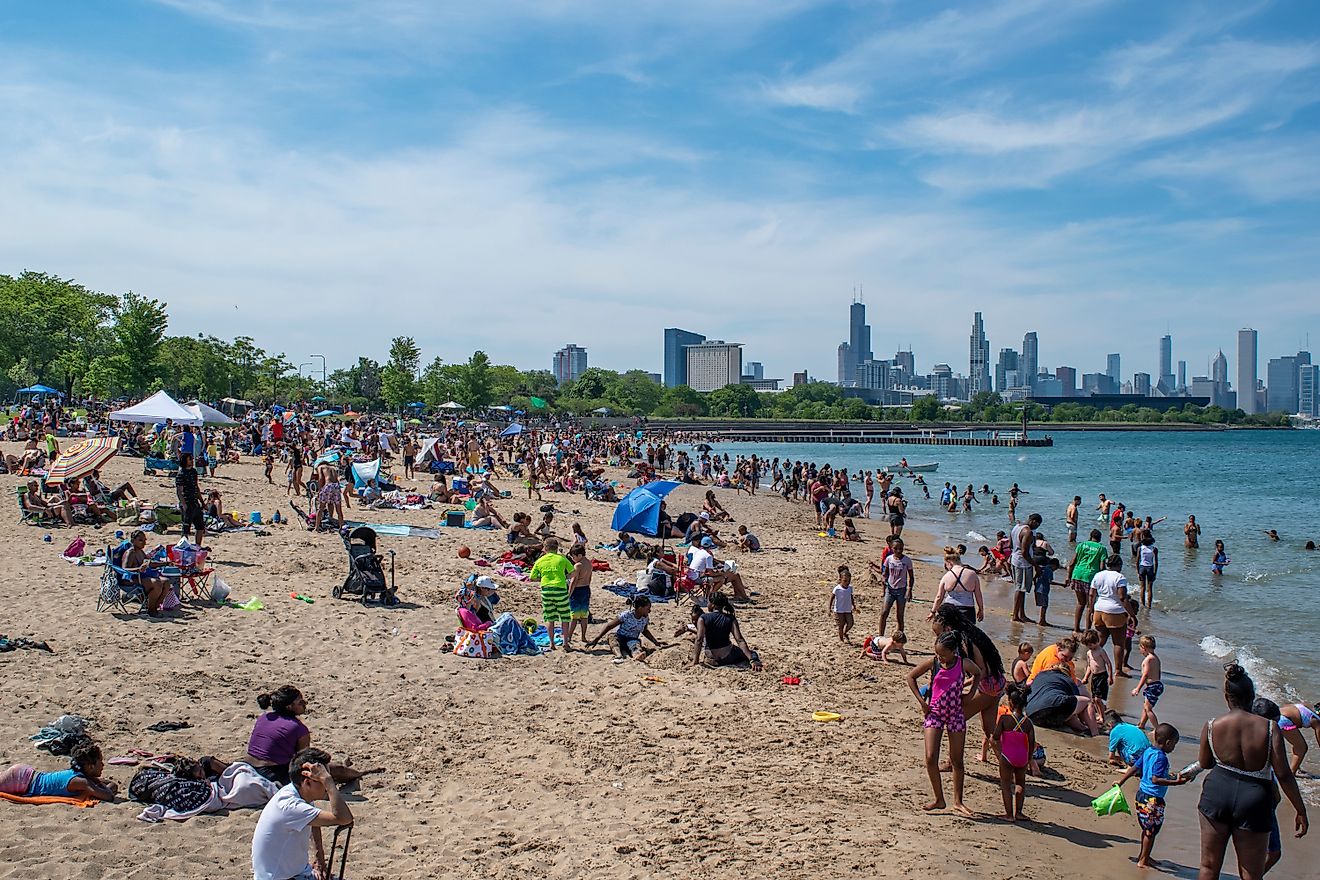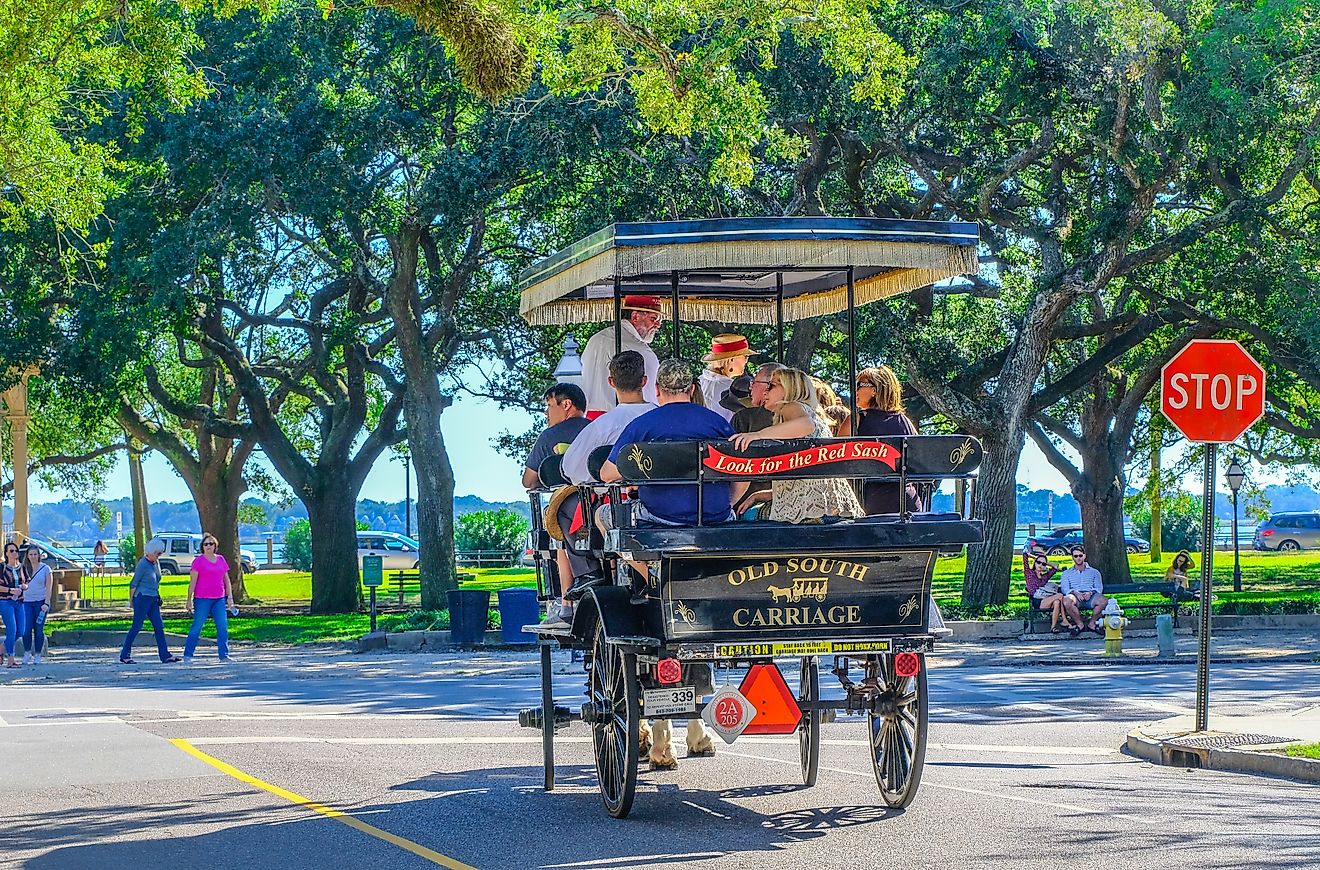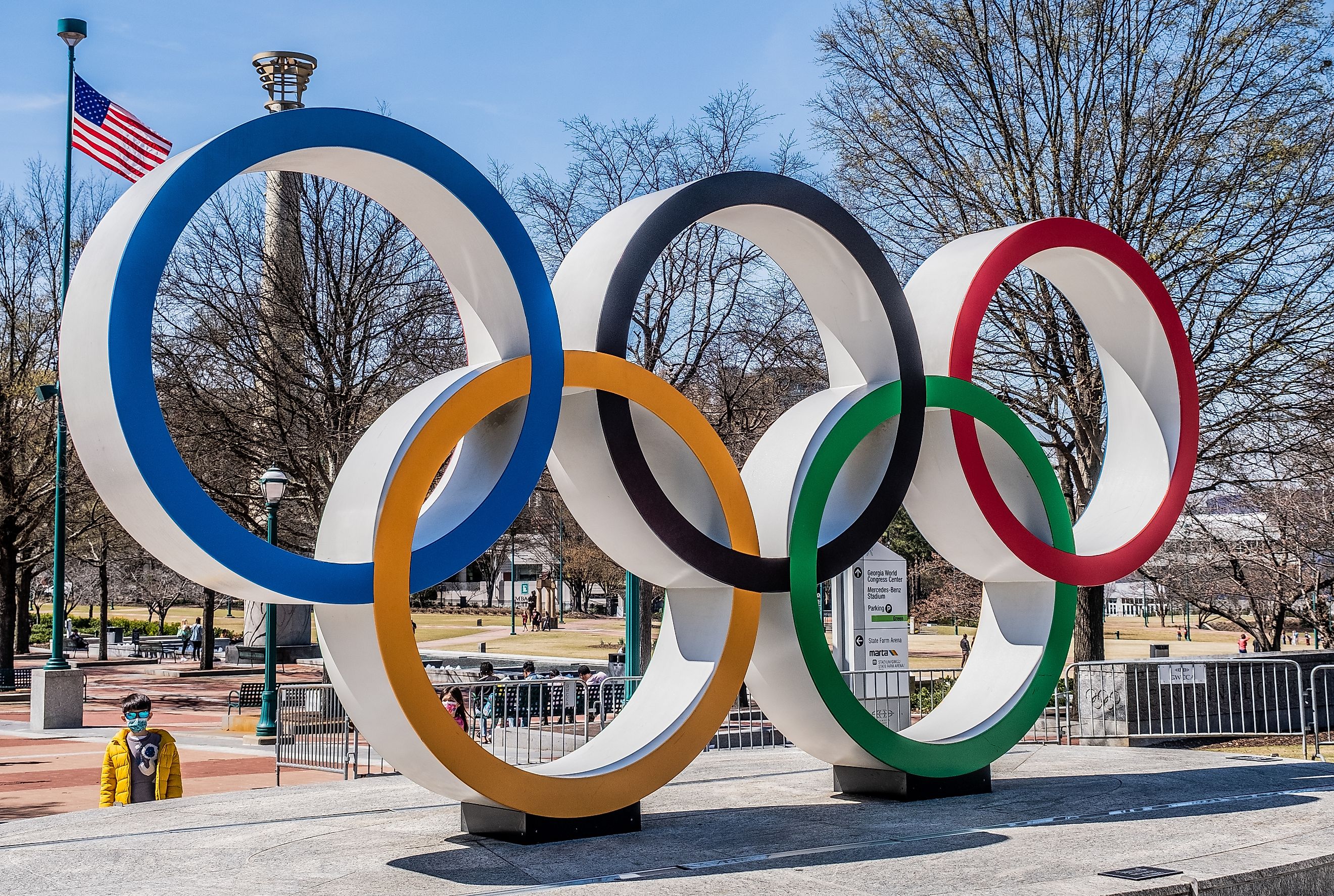
US Cities That Hosted The Winter Olympics
The Olympics are some of the most anticipated sporting events in the world. Happening every four years, many people focus on the Summer Games, often overlooking the excitement and thrill of the more recent Winter Olympics, which can be just as riveting, if not more so. Interestingly, the United States has hosted the Winter Games more than any other country, showcasing a range of cities that have embraced the challenge of winter sports.
These cities have played pivotal roles in Olympic history with their breathtaking mountain landscapes and vibrant local cultures. They have been great ambassadors for America, with the whole world watching, each leaving an indelible mark on the Games. The following are US cities that hosted the Winter Olympics, their contributions to this prestigious event, and the legacies they continue to uphold.
Squaw Valley, California,1960
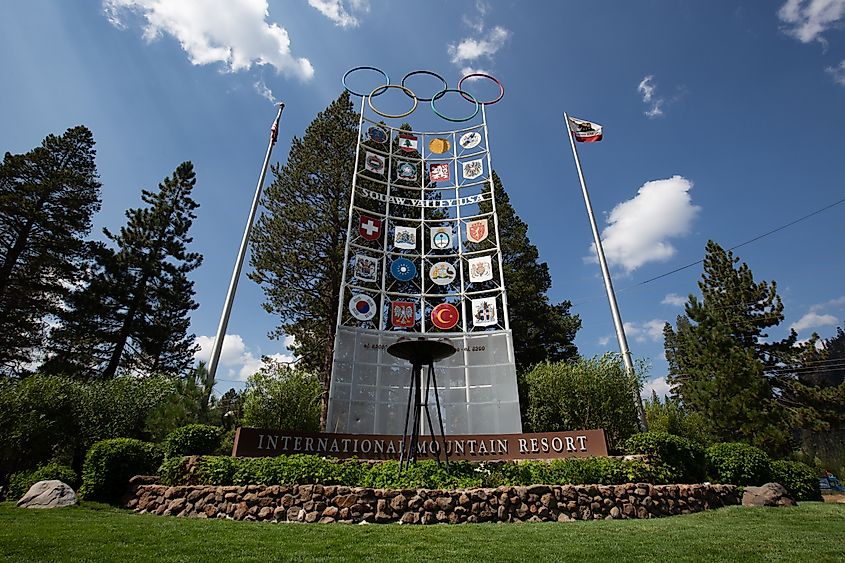
After the first Winter Olympics in Lake Placid, Squaw Valley, California, would be the second American city to host the eighth iteration of the games in 1960. The bid was masterminded by Alexander Cushing, who got the idea after realizing neighboring Reno, Nevada, was in the run to host the games. By the time Squaw Valley was announced as the winner, Cushing had pulled a rabbit out of a hat as the resort was unfinished when he presented his case to the Olympic Committee.
When the games finally came around, an Olympic Village designed to host 750 athletes from 30 countries was built, complete with ski lifts, speed skating tracks, and a ski jumping hill. South Africa would make its first appearance in the 1960 games but was banned due to its Apartheid Policy. The ban lasted until the 1994 games. Meanwhile, one of the event's highlights came in cross-country skiing when 35-year-old Veikko Hakulinen anchored the Finnish relay team to victory. With Norwegian Haakon Brusveen ahead by 20 seconds, Hakulinen overtook him with 100 meters to the finish line, eventually winning by a meter.
The 1960 games saw the introduction of women's speed skating and biathlon. It was also the first time the Games were fully covered on TV by CBS, which allowed the country to watch as the American ice hockey team win its first gold.
Salt Lake City, Utah, 2002
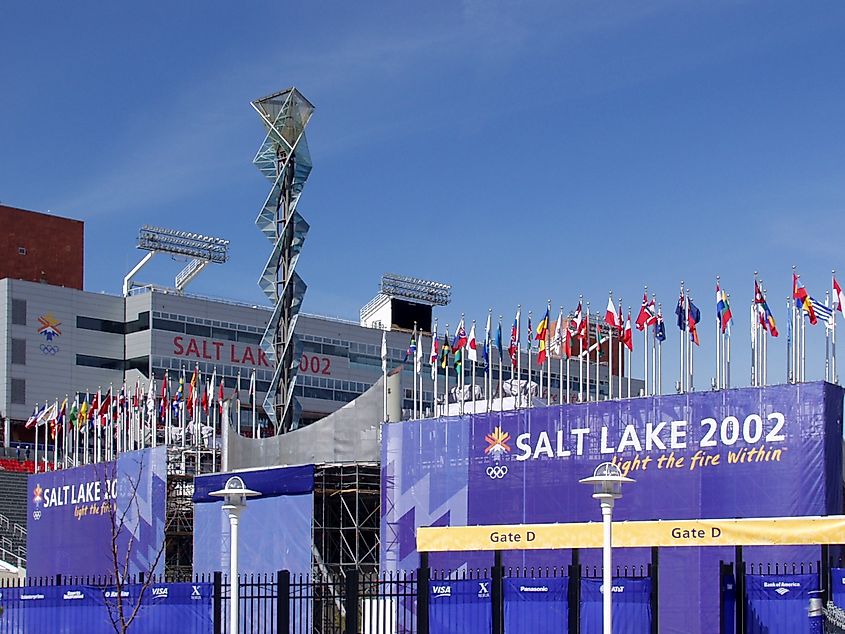
Rice-Eccles stadium at the University of Utah, Salt Lake City 2002 Winter Olympics, wide view. Editorial credit: Aron Hsiao / Shutterstock.com
Salt Lake City was the third and last American City to host the Winter Olympics in 2002. A fair share of controversy marred the bid after it emerged that the Salt Lake Organizing Committee had awarded various members of the Olympic Committee "gifts" in the form of money, scholarships, vacations, and more. The scandal led to resignations, expulsions, and indictments of several individuals involved.
Nevertheless, the city managed to host the game, and the 1980 US gold-winning team was bestowed the honor of lighting the Olympic Flame. There were also concerns surrounding terrorism as the games were held shortly after the infamous September 11 attacks. Salt Lake City, 2002, is remembered as the first time a black woman won gold in the Winter Olympics and saw the introduction of women's bobsleigh and reintroduction of the skeleton event. Finally, in 2018, Salt Lake City won the bid to host the Winter Olympics for the second time, to be held in 2034.
Lake Placid, New York
1932
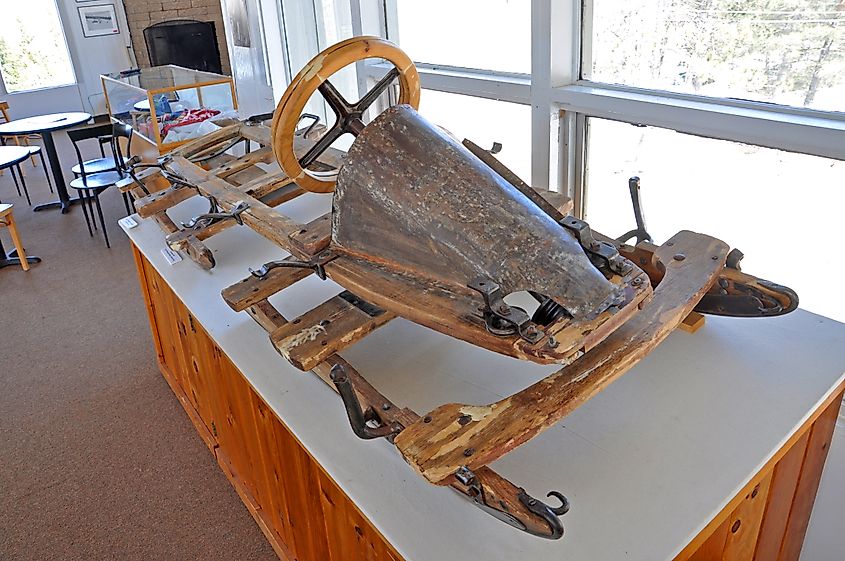
Lake Placid is perhaps the most famous among US cities that hosted the Winter Olympics. This northeastern New York town had the privilege of hosting the games twice, in 1932 and later in 1980. The first bid was marred by skepticism, with many doubting the city's chances of being selected, but this changed in 1929 when it was awarded. To support the efforts, Lake Placid voted for a new tax to fund the North Elba Park District and facilitate the game's venues against the backdrop of the Great Depression.
Only 17 nations, represented by about 250 athletes, participated in the 1932 games. Among the notable heroes from the event was Edward Egan, the American athlete who set a record by winning gold in both Olympics. Before winning gold in the US bobsled team of the 1932 games, he won gold in heavyweight boxing at the 1920 Summer Olympics in Antwerp. The intriguing part is that he took up bobsledding a few weeks heading into the Lake Placid games. As a reward, he was among the first American sports personalities to be included in the Olympic Hall of Fame.
But the games were not without controversy, which came in the speed skating event. The pack-style skating, which the European athletes weren't familiar with, saw the American athletes sweep the events, catching the audience's attention. With Clas Thunberg boycotting the competition, pack skating would later be dropped from the games after Lake Placid. The games were also the last that the legendary Norwegian athlete, Johan Gröttumsbråten, participated in after leading his country to a third consecutive medal combined event.
1980
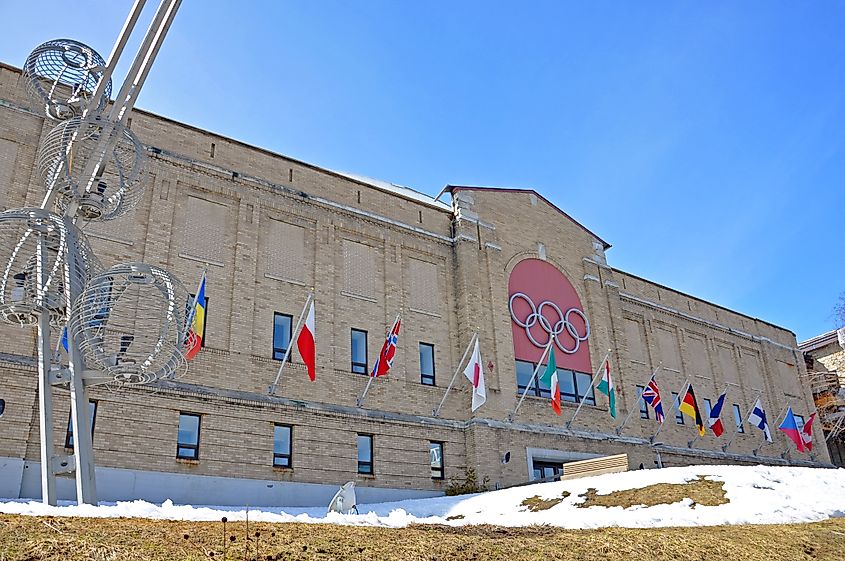
For the second time, Lake Placid would be selected as the host of 1980 after Canada pulled out of the bid in the final stages. This bid was much easier than the first one as the city had the reputation of hosting a successful event in 1932, and the venues built at the time were designed for future use.
The highlight of the games, for many Americans, was what would come to be known as the "Miracle on Ice." Against all the odds, the American ice hockey team would steal a narrow victory over the highly favored Russians in the semi-final match. The latter had dominated the sport for the entire decade leading to the games and were seen as the overwhelming favorites. However, the Americans managed to triumph over them after coming from behind to level the scores before taking the lead in the last part of the game to make it 4-3. Despite an onslaught by the Russians, the team held on to win the game, with the broadcaster capturing the legend of the game with the words, "Do you believe in miracles? Yes!" at the end of the match. It was a poetic win for the United States, considering that the games came at the height of the Cold War.
Another noteworthy achievement was by Eric Heiden, who won five individual golds in speed skating within a week, breaking the record for most golds in a single Olympics. The 1980 games were a significant improvement from 1932, with the gold medal tally rising from 14 to 25. Finally, Lake Placid 1980, marked the first time artificial snow was used in the Winter Olympics.
Final Thought
The US cities that have hosted the Winter Olympics highlight the country’s commitment to winter sports and showcase each location's unique charm and cultural heritage. From Lake Placid's stunning alpine scenery to Salt Lake City's vibrant atmosphere, these cities have created unforgettable Olympic moments that resonate with athletes and fans alike. The legacies of these Games continue to inspire future generations, fostering a love for winter sports and community spirit. The memories and achievements from these host cities remain a testament to the enduring excitement and passion the Games bring to the world.
